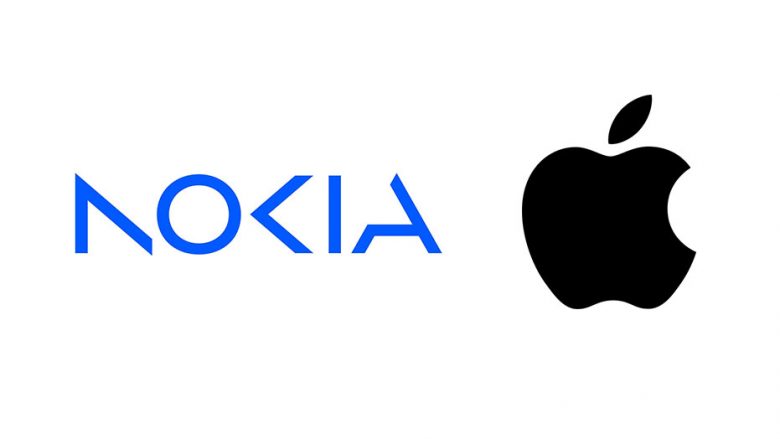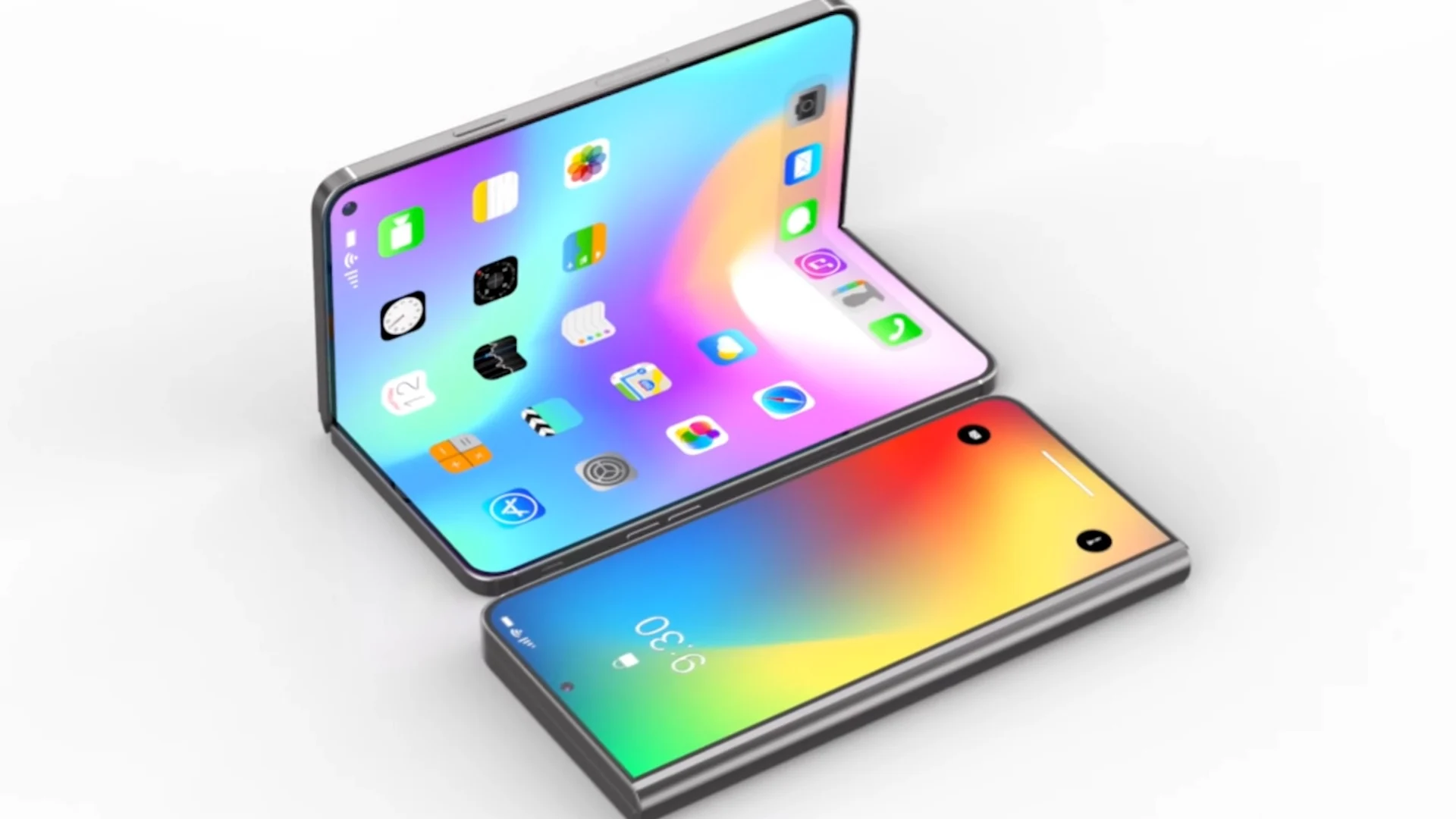Apple recently launched a campaign on its website, highlighting iPhone privacy and safety features and also joined in on a debate about online privacy laws in Texas.
A new Apple ad called “Ease” highlights how iPhone offers App Tracking Transparency, Mail Privacy Protection, and does processing for Siri and Photos right on the device. They make sure users’ data stays safe and private without making the phone perform more slowly. Apple made a special page on its site to explain the steps it takes to protect user privacy using hardware and software.
Apple’s CEO Tim Cook is now involved in a Texas bill that demands websites verify people’s age with facial recognition or ID checks before providing adult content. Reports say that Cook reached out to Texas Governor Greg Abbott to stand against the bill. He fears that making people disclose their data could seriously threaten online privacy.
The company believes you should not have to give away personal information to verify your age. According to the company, its products are built around protecting personal data, but the new law might threaten their ability to do this.
Apple’s case proves Apple does more than sell phones, as it also works to defend digital privacy rights in its products and in public debates.






